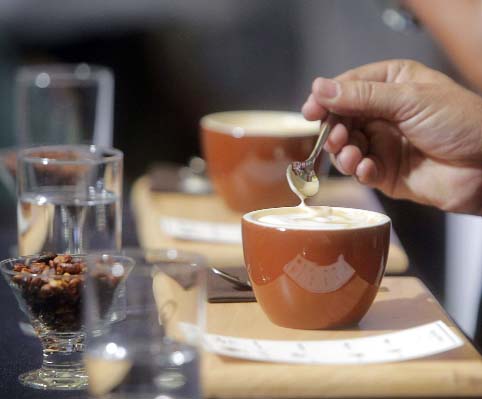
Life Desk :
Caffeine fails to improve alertness or performance after three nights of restrictive sleep to five hours per night.
The study carried out by American Academy of Sleep Medicine show that relative to placebo, caffeine significantly improved Psychomotor Vigilance Task (PVT) performance during the first two days, but not the last three days of sleep restriction.
‘Caffeine in coffee is a central nervous system stimulant. It can temporarily make you feel more awake and energetic, but fails to work consequently.’
Lead author Tracy Jill Doty of Walter Reed Army Institute of Research explained, “These results are important, because caffeine is a stimulant widely used to counteract performance decline following periods of restricted sleep. The data from this study suggests that the same effective daily dose of caffeine is not sufficient to prevent performance decline over multiple days of restricted sleep.”
Source: ANI
Caffeine fails to improve alertness or performance after three nights of restrictive sleep to five hours per night.
The study carried out by American Academy of Sleep Medicine show that relative to placebo, caffeine significantly improved Psychomotor Vigilance Task (PVT) performance during the first two days, but not the last three days of sleep restriction.
‘Caffeine in coffee is a central nervous system stimulant. It can temporarily make you feel more awake and energetic, but fails to work consequently.’
Lead author Tracy Jill Doty of Walter Reed Army Institute of Research explained, “These results are important, because caffeine is a stimulant widely used to counteract performance decline following periods of restricted sleep. The data from this study suggests that the same effective daily dose of caffeine is not sufficient to prevent performance decline over multiple days of restricted sleep.”
Source: ANI

